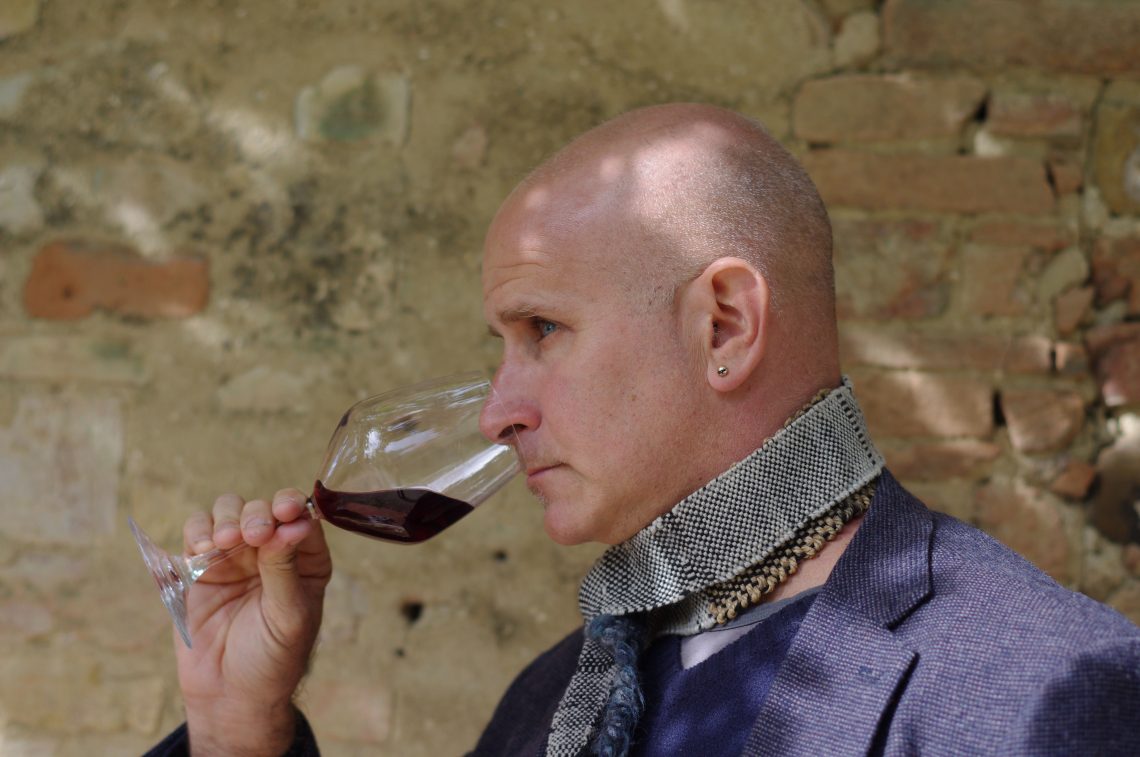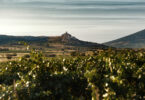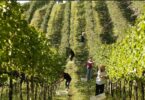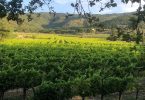The Wolf Post, supported by a Cultural Association, offers a professional service with free access, without subscription.
For this reason, a donation would also be a sign of appreciation for our work.
If in the second half of the nineteenth century European viticulture had to face the problem of phylloxera, today, and in the next few years, it will have to face a new obstacle: climate change.
A global problem, which requires common policies on a global level.
To understand how the national wine sector is analyzing and evaluating the first important signs of climate change, we asked the winemaker Dario Parenti for an opinion who illustrates his experience.
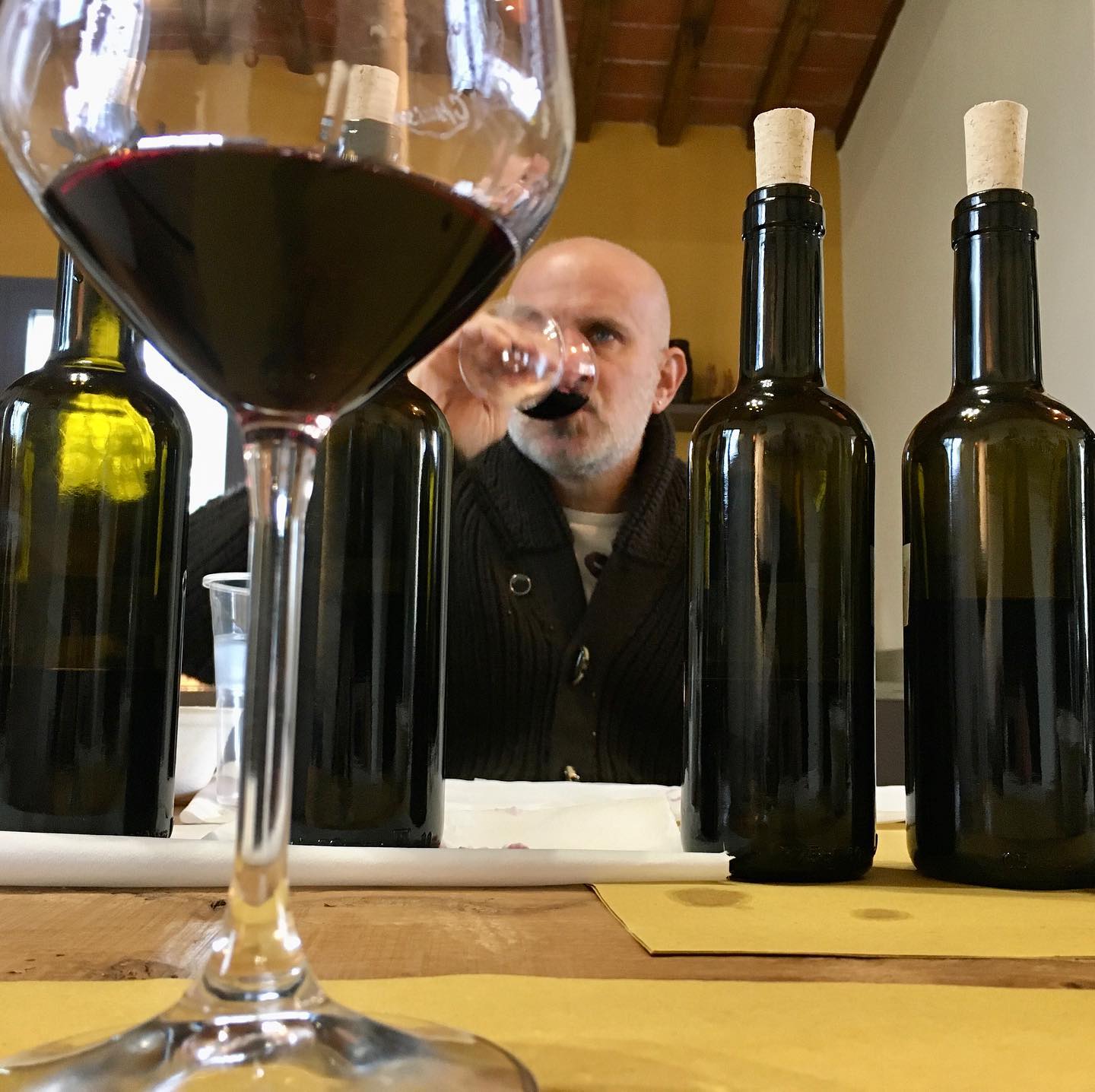
© Ph. Dario Parenti Enologo
Climate change has significantly altered important areas of our planet. According to your professional experience, are these changes already taking place in Italy too?
Yes, unfortunately. The frequency of extreme events such as droughts, “water bombs” and late spring frosts have dramatically increased in recent years. Often, as in this difficult year 2021, more disastrous events occur during the vegetative phase.
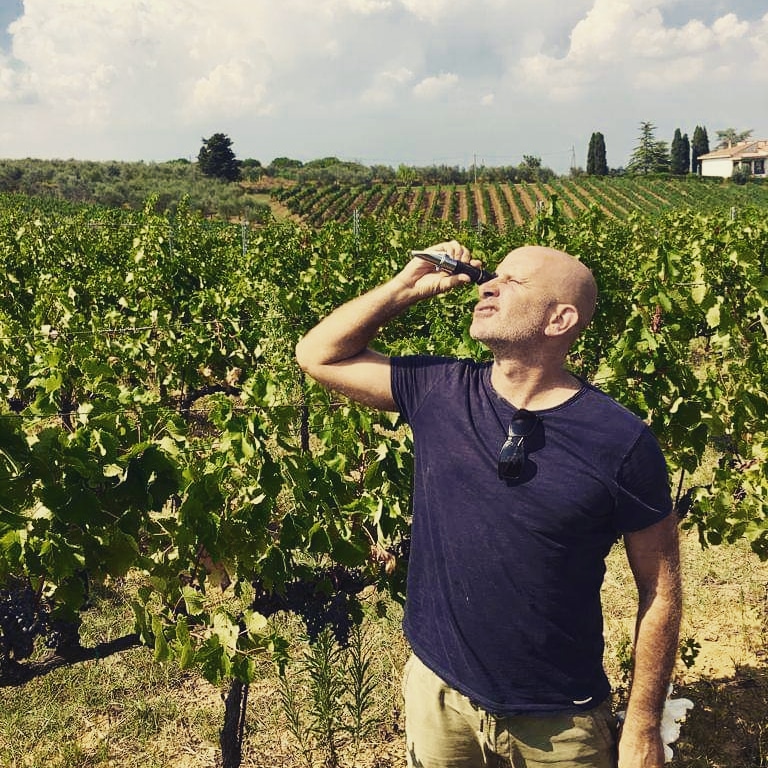
© Dario Parenti
Are there any interventions, including preventive ones, that it is convenient to adopt to start compensating for these changes in the climate?
More and more attention is paid to the plant when pruning the vine. In relation to the potential exposure of the vineyard to late frosts, an attempt is made to protect the most exposed grapes and, in the new plants, an attempt is made to choose the most suitable clones for the various extreme situations encountered.
As for the land, its management is essential and emergency irrigation is an increasingly useful tool to use
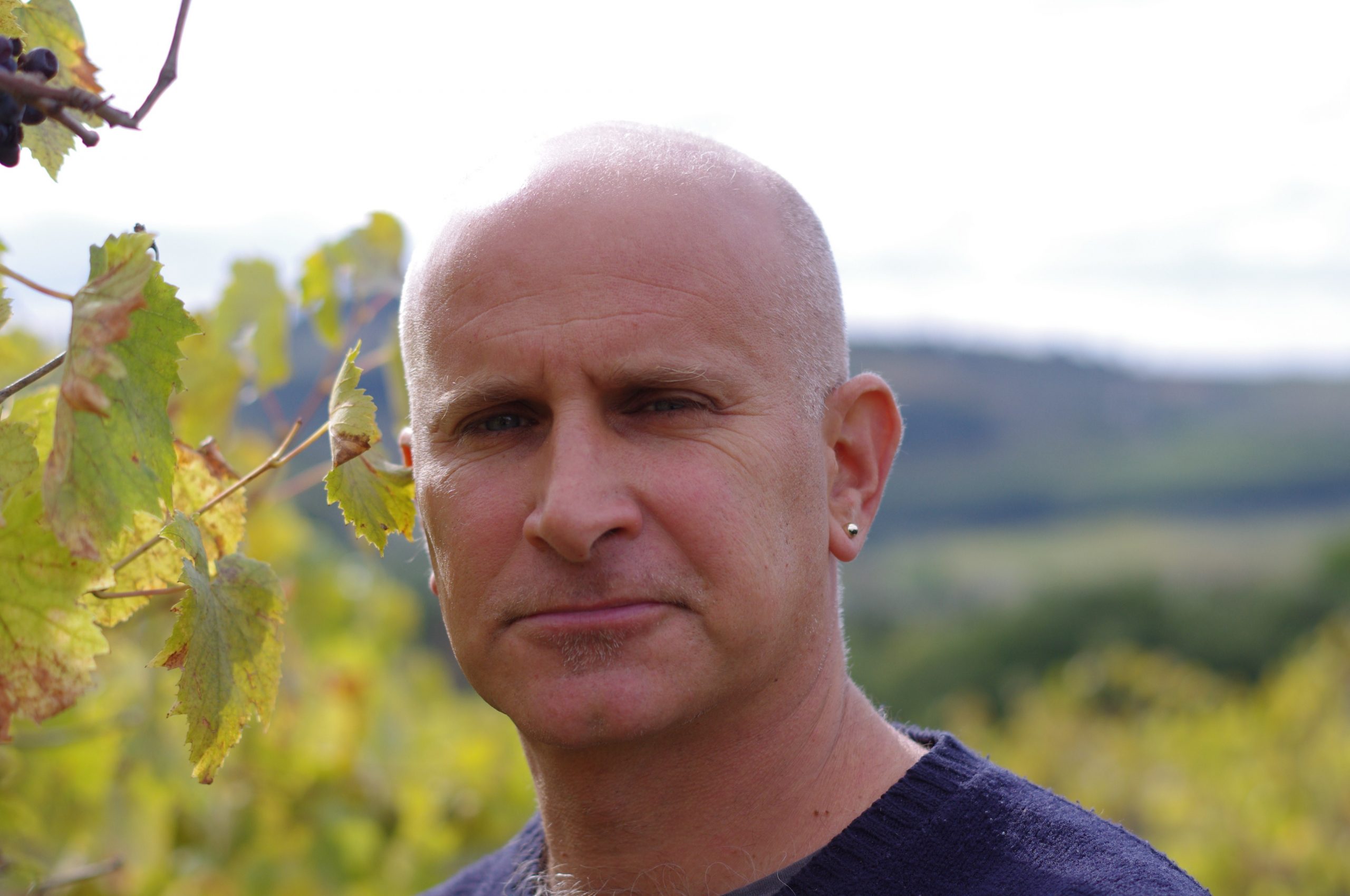
© Ph. Dario Parenti Enologo
In some countries of Northern Europe (Denmark and Sweden), albeit in minimal quantities, they have begun to produce wine. Studies speculate that in 50 years the climate of these countries will be at the level of Northern France. What do you think of these studies and, in his opinion, could they become the new frontiers of wine in Europe?
Unfortunately, it is not at all to be excluded: it is something that puts an incredible sadness. Much of those archetypes that we have always considered the strength of the “Old World” (France, Italy, Spain) are questioned, mixing the balance between soil, climate and, above all, traditions that have endured for hundreds of years. A blow, above all, to our cultural identity and agri-food: regional and local differences are undermined, linked by a profoundly “Italian” continuum, one of the foundations of our idea of a country and social community.
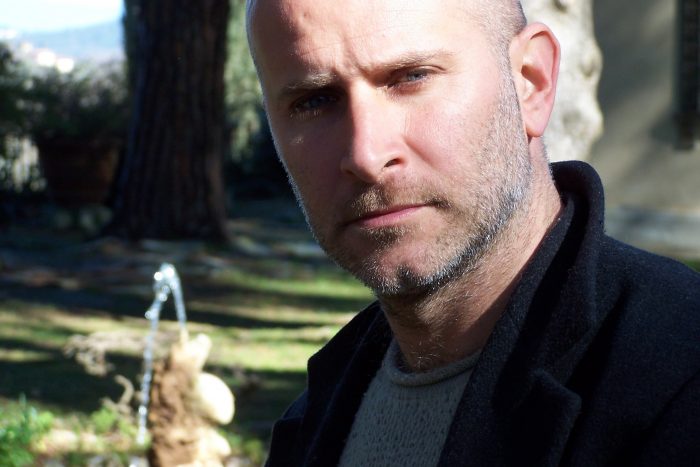
© Dario Parenti
As for the Italian situation, are you aware of the planning or construction of new plants at heights above sea level which were unthinkable until “yesterday”? How do you hypothesize this change and what will be the difficulties of this oenological “readjustment”?
In Tuscany. The attention towards higher and more inland areas such as Mugello and Casentino is growing a lot, areas with higher altitudes and with now rarer temperature ranges in areas where they were once more frequent. Fortunately, unlike Nordic areas such as Denmark or Sweden, there has always been a winemaking tradition here, albeit at quality levels that were once on average lower: certainly it is not a matter of starting from scratch but of carrying out precautions compared to the choices of the past.


